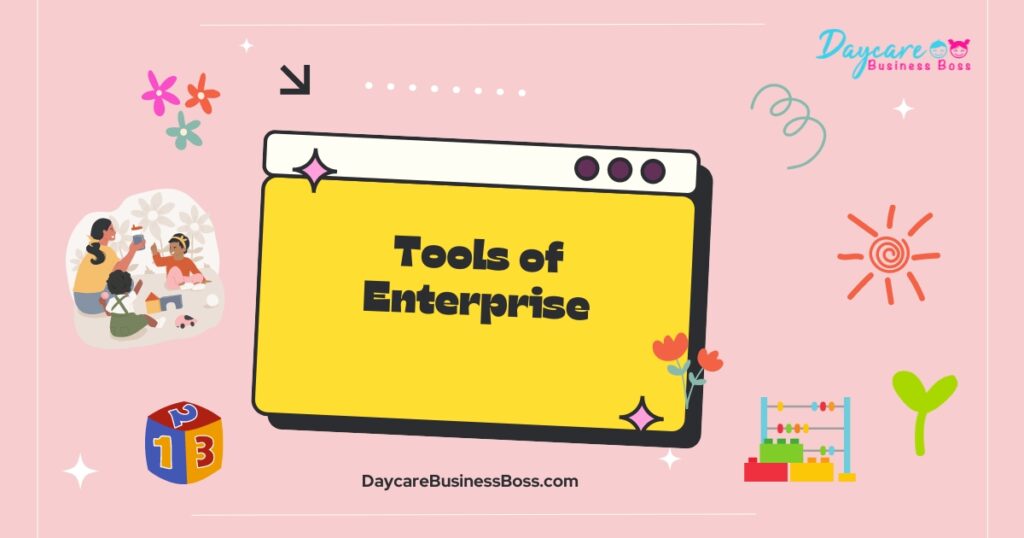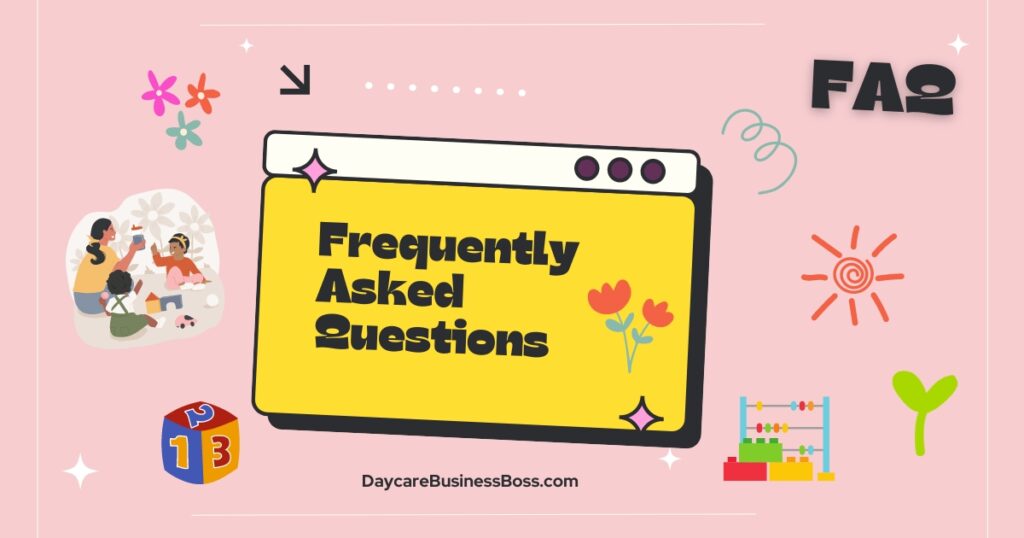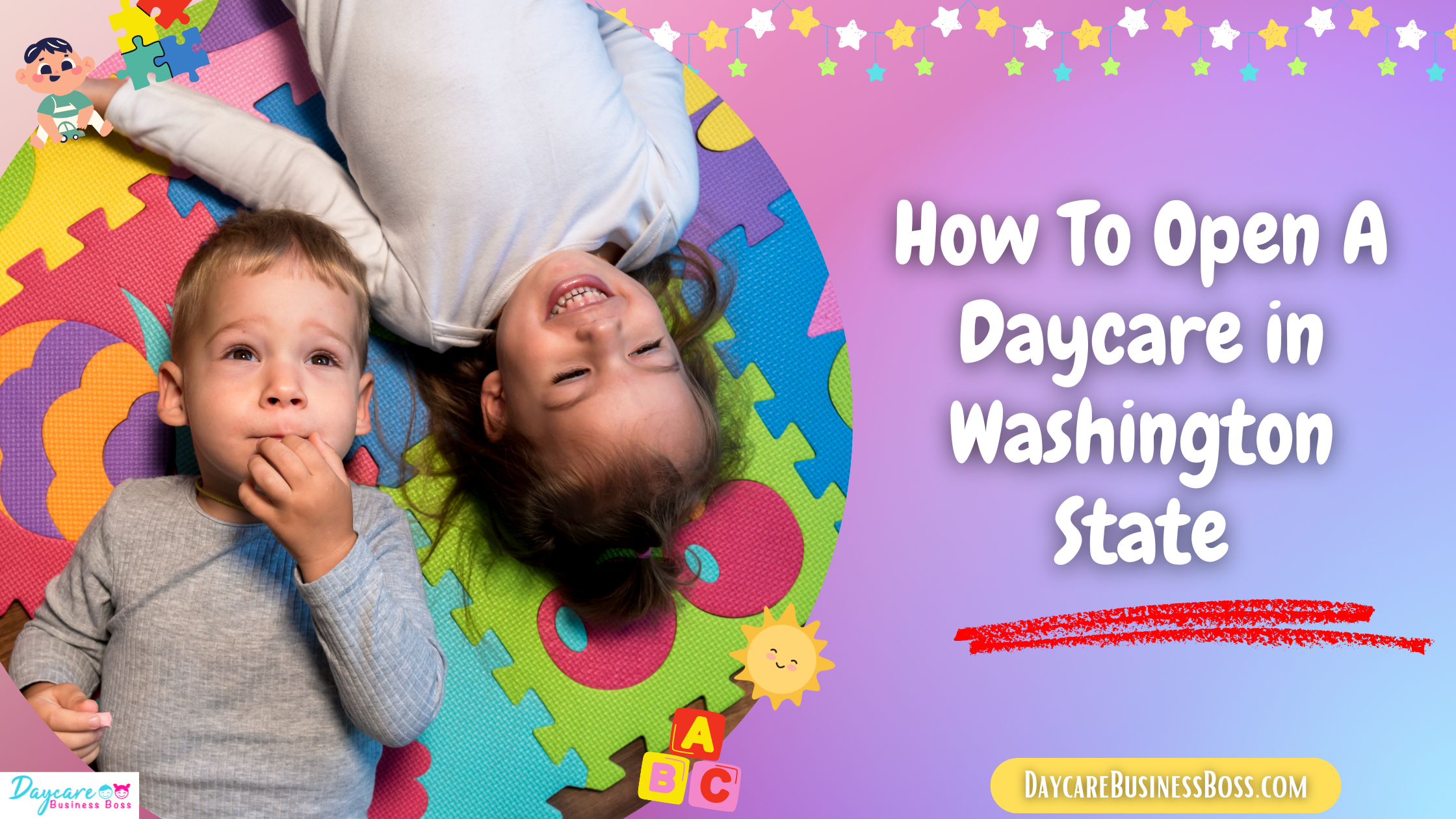Are you someone who likes caring for young children? Did you enjoy your teenage babysitting job watching your younger siblings or neighbors when you were growing up? If so, you should consider starting your own daycare. There are many factors to consider and knowledge that you will need to gain to start up a daycare of your own. Detailed herein is a short guide on how to start a daycare in Washington state.
To open a daycare in Washington state you will need three key pieces of knowledge. You will need to first understand any rules and laws specific to Washington state regarding child care establishments, gain a general understanding of how to run an independent business, and possess some prerequisite experience in child care or early childhood development.
Knowing Your State Laws
When starting up any business, knowing and understanding the associated laws plays an integral part in succeeding at not only opening, but also operating a successful daycare business. Having a lawyer on retainer to assist in this process is always a best practice when starting up, but this information can also be obtained, initially, from your local small business development center.
When it comes down to the laws regarding child care facilities in the state of Washington, here are the things you need to know:
- Eligibility – To be eligible to operate a daycare in Washington you must be over the age of 18 and have a high school diploma. You must also obtain a license if you are caring for children that are not related to you.
- Orientation – After applying for a license, you will need to complete an online orientation within 12 months of application. This entails watching an hour-long presentation and completing a questionnaire.
- Gather Documents – There is a series of documents which you must compile to go along with your application. These include:ApplicationOrientation certificateHigh school diploma
Resume
Three professional references
Employer ID number
Tuberculosis test
CPR certification and HIV/AIDS training certificate
Washington State food handler permit
Background check
Operational handbook
Floor plan
- Interview – Attend an in-person interview with your local licensing agency. An approval or denial will be issued within 90 days.
- Fees – Pay licensing fees of approximately $30 per year.
- Inspection – Schedule an inspection of your facilities with a licensing agent to ensure that you meet all local and state building requirements for child care.
- Background Check – obtain a non-criminal background check for every employee over the age of 16. Those who do not get cleared by the background check may not be left with children unsupervised
For more information regarding the required forms or licensing inquiries, refer to the Washington State Department of Children, Youth, and Families.
Tools of Enterprise

When taking the leap into small business ownership, regardless of the category, you must possess some basic business skills and knowledge to effectively operate your new business.
Consider these ten attributes of successful entrepreneurs presented by Forbes Magazine.
- Curiosity – Successful entrepreneurs are not just great problem solvers, but also great problem seekers! Possessing the desire to seek out ways to innovate and find the problems that hinder your business will ultimately help you discover your niche.
- Time Management – Knowing how to prioritize your tasks as well as your time will make you more efficient in running your burgeoning daycare and keep you from getting bogged down with issues that don’t require your precious time and attention.
- Critical Thinking – Approaching a problem strategically to deconstruct the issue and realize opportunities for improvement, or simply identifying the “low hanging fruit,” is an essential characteristic of a great entrepreneur. This is especially important when working with small children who may not necessarily know what their individual needs are.
- Efficiency – Implementing the 80/20 rule (the Pareto principle) in all aspects of operating your child care business will allow you to be more effective while spending less time to get it done. The 80/20 rule is the idea that 80% of all output is due to 20% of all input, meaning that a small amount of highly efficient and effective effort results in the highest amount of gains.
- Resilience – As a child care provider and new business owner you will experience many trials and tribulations. These include rejection, failure, stress, and burnouts; the ability to get back in the saddle day after day will play an integral part in your overall success. The determination to succeed above all else will allow you to overcome the desire to quit when times get tough.
- Communication – Open and honest communication builds trust amongst parents and coworkers. Clear and effective communication also plays an important role in ensuring that expectations are met on a daily basis and children are being taken care of properly. You will also need to learn the unique language of the children that you care for.
- Networking – Meeting and getting to know others in early childhood care helps new providers build a support system upon which they can rely on to solve problems, facilitate business, and even discover future partners or employees.
- Finance – Knowing how to effectively manage your new daycare’s finances will ultimately make or break your business quicker than any other factor. Intelligently managing the finances of the business will ultimately decide your ability to continue operations, or how quickly that you can grow and expand.
- Branding – This is a tough one to grasp at first, but creating and conveying a clear message of who you are as a business and marketing that to the right audience is a challenge for any new child care provider. It’s especially challenging because these are things that new businesses are often just starting to learn about themselves. Your brand will constantly be evolving as you work through the identity of your business and who your target market will be.
- Salesmanship – Having the confidence to seek out new clients through marketing and salesmanship will determine how quickly you can grow your daycare facility. What are you doing that puts your daycare a step above the others in the area. Identify what makes your facility or care better and sell it!
Prerequisite Childcare Knowledge
When deciding to open a daycare facility there is some prerequisite knowledge that you can obtain to set yourself apart from others. To open a daycare you’ll only need a high school diploma, but here is a list of education and certifications that you can get to make your daycare more appealing for parents considering your facility:
- First Aid – First aid and CPR certifications will not only give you piece of mind if a dangerous situation arises but will also show parents that you are able to go above and beyond to keep their child safe.
- College Education – Although this is not a requirement to operate a daycare, it does show parents that you have sufficient knowledge when it comes to caring for and raising their child when they are left in your care. There are various degrees available ranging from two year degrees in early childhood development all the way to six year masters degrees in teaching that are great resume builders for a daycare operator.
- Certificates – In lieu of or in addition to a college education, there are several certificates offered such as the childhood development associate credential (CDA) license that can be obtained from early childhood development authorities.
- Red Cross – The American Red Cross offers several certificates and certifications through their early childhood care program ranging from AED and CPR training to an advanced childhood care course that covers everything from behavior and discipline to daycare leadership. Their full course list can be found here.
- Practical Knowledge – Even if you have a formal college degree, it is always good to have practical hands-on experience working with children to back up anything you have down on paper. Two years of working knowledge is the standard to get started in the daycare field.
In conclusion, there is a myriad of information needed to start up your own daycare facility. Not only is a basic running knowledge of operations needed to ensure a healthy business but a strong background in childcare and development is a must. The resources to help you achieve this goal are abundant and the process set out by the state of Washington is straightforward and set out to lead you to success in your daycare endeavor.
Related Questions

- Are there different types of child care licenses in the state of Washington?
Yes, there are three different types of licenses that you can get.
- Family Home Early Learning Program – This allows you to provide care for up to twelve children within your home residence.
- Child Care Center Early Learning Program – This is a licensed facility that may provide care for children up to twelve years of age for less than 24 hours at a time.
- School-Age Program – This allows for the care of school-aged children ages 5-12 for periods of time less than 24 hours while they are not in school.
- What are some other specific items to consider when opening a daycare?
Other things to consider are:
- How many children can you facilitate at once
- Ages of enrollment
- Caretaker-Child ratio
- Hours of operation
- Tuition
Please note: This blog post is for educational purposes only and does not constitute legal advice. Please consult a legal expert to address your specific needs.
Washington State is ready for your new Daycare, get ready with our startup course and documents here.

Meet Shawn Chun: Entrepreneur and Childcare Business Fan.
I’m a happy individual who happens to be an entrepreneur. I have owned several types of businesses in my life from a coffee shop to an import and export business to an online review business plus a few more and now I create online daycare business resources for those interested in starting new ventures. It’s demanding work but I love it. I do it for those passionate about their business and their goals. That’s why when I meet a childcare business owner, I see myself. I know how hard the struggle is to retain clients, find good employees and keep the business growing all while trying to stay competitive.
That’s why I created Daycare Business Boss: I want to help childcare business owners like you build a thriving business that brings you endless joy and supports your ideal lifestyle.

